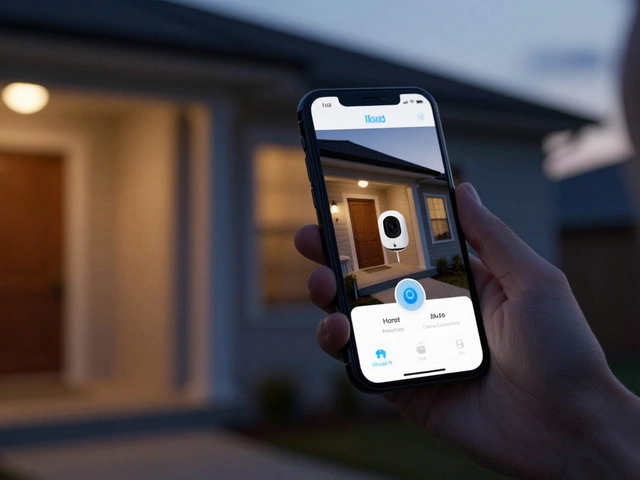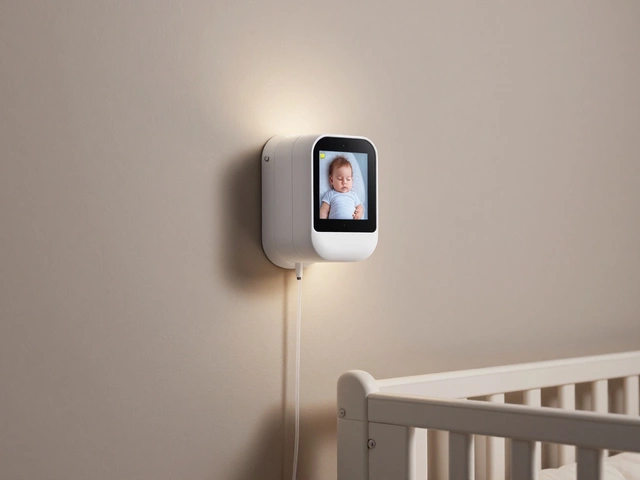Light Troubleshooting: Quick Fixes for Home & Security Lighting
Ever walk into a dark hallway because a bulb blew out, or notice that your motion‑sensor lights flicker at odd times? You’re not alone. Most lighting headaches have a straightforward cause, and you can usually sort them out without a electrician. Below we walk through the most common issues, what to check first, and when it’s smarter to bring in a professional.
Common Problems and Simple Solutions
Bulb burns out or flickers. The first thing to do is swap the bulb for a fresh one. If the new bulb still flickers, make sure the socket is clean and the screw‑in contact is tight. Loose contacts cause intermittent power, which looks like a flicker.
Lights won’t turn on at all. Check the circuit breaker or fuse box – a tripped breaker is the most frequent culprit. If the breaker is fine, test the switch with a voltage tester. A dead switch often just needs replacement, which is a quick DIY job.
Motion‑sensor or security lights turn on at the wrong time. Most outdoor sensors have an adjustable timer and a sensitivity dial. Turn the dial down a notch and set the delay to a longer period. If the light still misbehaves, it might be picking up reflections from nearby windows or trees – reposition the sensor or add shielding.
Dim or uneven lighting. This usually means the bulb isn’t the right wattage for the fixture, or you have a mismatched LED in a dimmer‑controlled circuit. Replace the bulb with the exact spec listed on the fixture, and if you have a dimmer, verify it’s compatible with LED bulbs.
Lights buzz or hum. A buzzing sound often points to a loose wire or an incompatible dimmer. Tighten any visible connections and consider swapping the dimmer for a LED‑rated model. If the hum persists, it could be a sign of a deeper wiring issue.
When to Call a Professional
If you’ve checked the breaker, swapped bulbs, and the problem still lingers, it’s time to get a licensed electrician involved. Signs that you need a pro include repeated tripping of the breaker, sparks or burning smells from a fixture, and any issue that involves hard‑wired security lighting that’s linked to your alarm system.
Security lighting connected to an alarm panel must stay reliable. If a sensor fails, it could trigger false alarms or leave a vulnerable spot unprotected. A qualified technician can test the whole circuit, ensure proper grounding, and integrate any new components safely.
Remember, safety comes first. Always switch off power at the breaker before touching wires, and never force a bulb into a socket – doing so can damage both the bulb and the fixture.
With these checks in mind, most everyday lighting glitches can be solved quickly. Keep a spare set of bulbs, a basic voltage tester, and a screwdriver in your toolbox, and you’ll be ready to tackle flickers, dead lights, and misbehaving sensors without hassle.
If you’re still stuck, reach out to a trusted local electrician or security specialist. A quick call can prevent bigger problems down the line and keep your home bright and safe.



